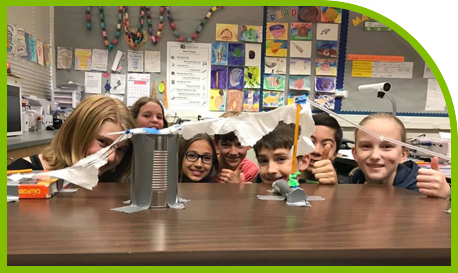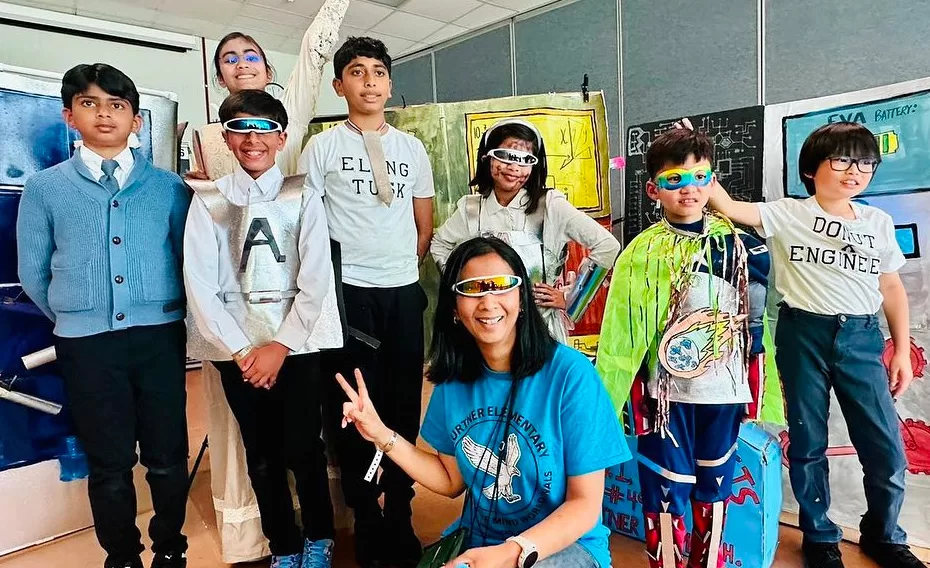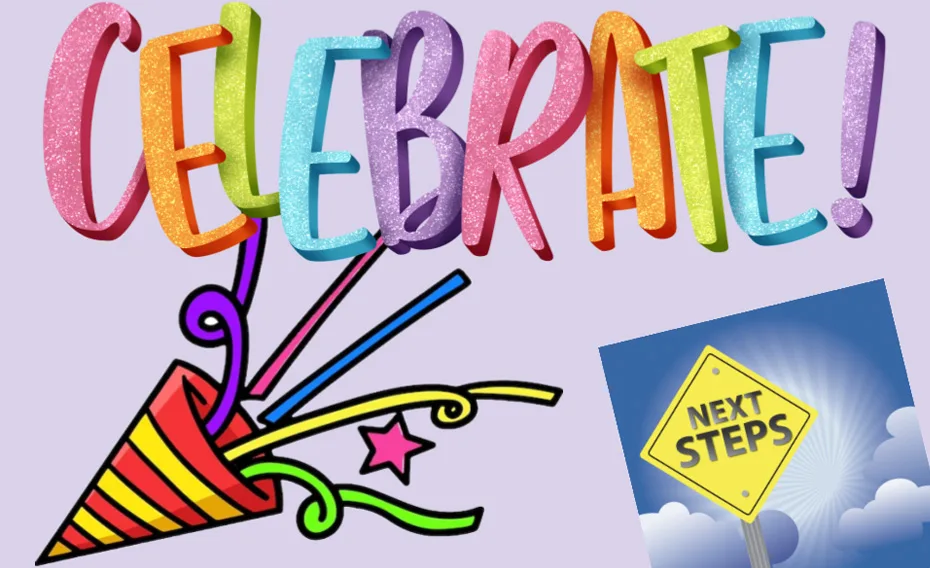Let’s get spontaneous!
Spontaneous is that part of the competition where team members really get to shine and share those creative thinking skills. Solving spontaneous problems team members get to think on their feet and quickly think beyond the box. These problems are TOP SECRET and only the team members that enter the room get to know the secret. What’s better for students than knowing something their parents don’t know? Teams participating in the same long-term problem and division will solve the same spontaneous problem, so, to ensure fairness, it is critical that no one discusses the problem outside of the room until all teams have competed.
The nature of the spontaneous problems varies, with each having its own set of specific rules that are read to the team in the competition room. Teams will have to solve only one type of spontaneous problem in a competition. So teams should be prepared for any of the three types of spontaneous problems. Teams should practice for the three common types of spontaneous problems as listed below. However, the team should also be prepared for the unexpected; this is Odyssey of the Mind.
- Verbal spontaneous problems require verbal responses. They may incorporate improvisation or dramatization. Teams are scored for common and creative responses.
- Hands-on spontaneous problems require teams to physically create a tangible solution. Each hands-on problem has its own specific scoring categories.
- Verbal/hands-on spontaneous problems require teams to create a tangible solution and include some type of verbal component, for example, creating a story about the solution. Teams are scored for both the tangible solution and the verbal presentation.
All seven team members participate in the spontaneous portion of the competition.
Practice, practice, and practice
Here are some tips from Odyssey of the Mind for practicing spontaneous:
- Teach team members to listen. They should not “think ahead” and presume what the problem requires; they should listen carefully until the judge finishes reading the entire problem.
- Brainstorm verbal responses. Ask the students what made them respond the way they did, then develop that skill further.
- Improvise non-traditional uses for various items.
- Familiarize team members with various materials and their uses.
- Practice building structures out of common materials such as toothpicks, paper cups
Our Odyssey in 10 Weeks program also contains a weekly spontaneous exercise.
(Taken from Problems from Creative Interaction, by Dr. C. Samuel Micklus & Samuel W. Micklus.) Here you will find several resources that may help prepare a team for spontaneous.
NorCal Spontaneous Videos | Videos from the NorCal Spontaneous PC that have tips for all.
North Carolina Spontaneous Site | NCOME Spontaneous Problems and Advice
Spontaneous Problems Archived from Virginia | Archived Spontaneous Problems from the VA Odyssey of the Mind website.
Spontaneous Problems Galore | Northeast Pennsylvania’s Spontaneous Problems
Georgia Spontaneous Site | Spontaneous problems from Georgia
Tennessee’s Spontaneous Site | Spontaneous problems from Tennessee
Texas Spontaneous Site | Spontaneous problems from Texas
Semel Spontaneous Archive | Lee and Mathew Semel are long time Omers. This page shares archived practice tips and problems
Pinterest Odyssey of the Mind Spontaneous Problems | This is a Pinterest site where several ideas come together.




